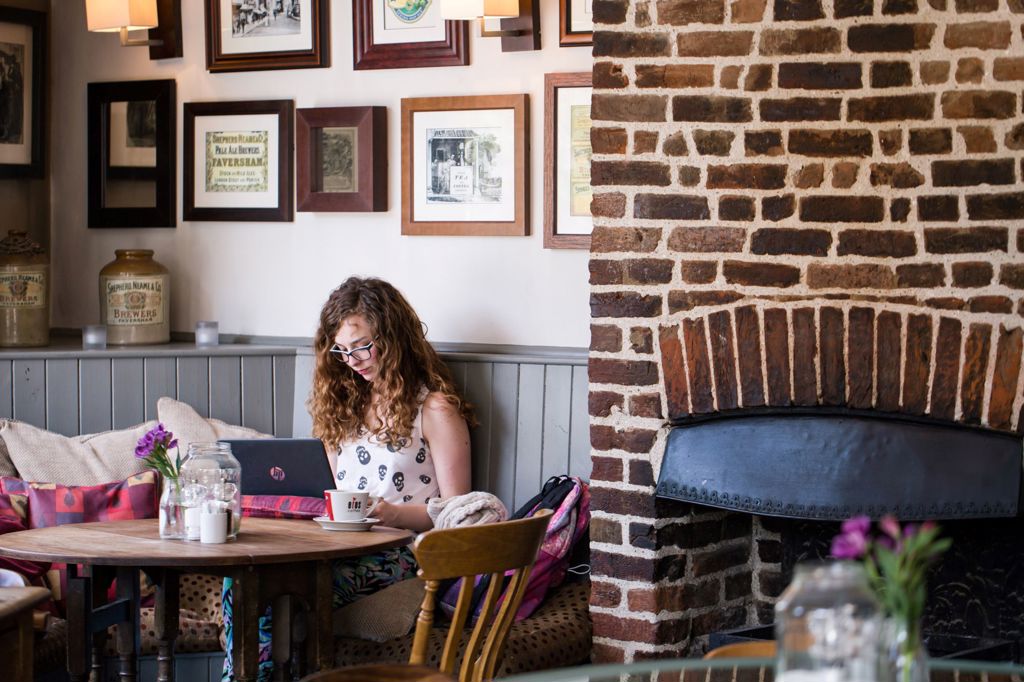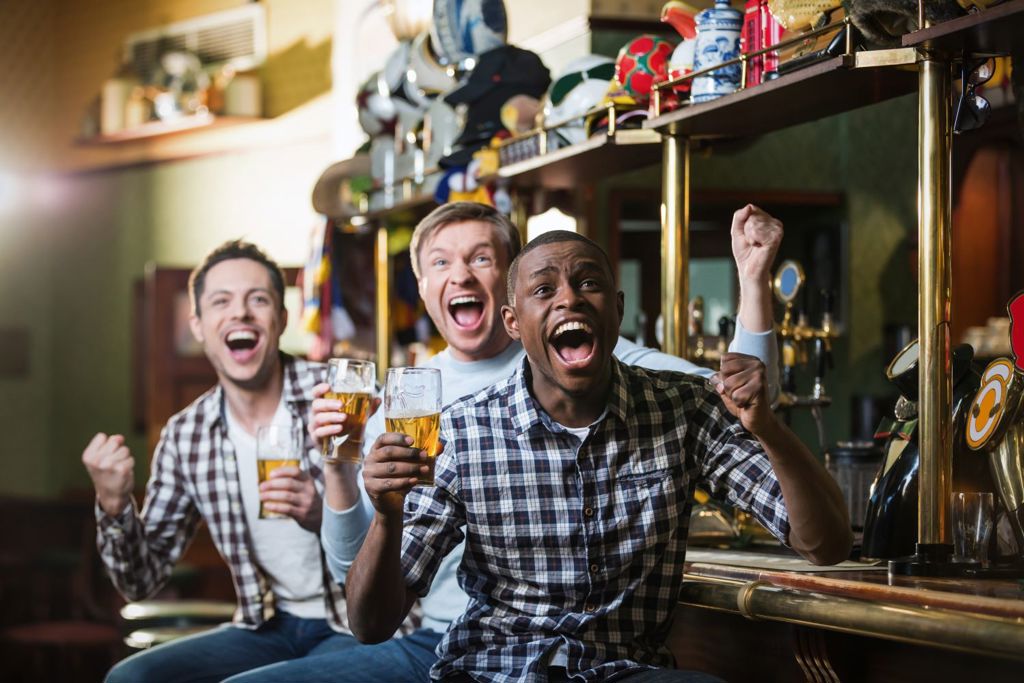Pub Operations

We offer advice, develop guidance and provide strong representation for our sector across a wide range of operational areas that are key to running profitable and vibrant pubs in communities across the UK.
From accessibility to licensing, below you will find guidance on all aspects of running a safe, welcoming and successful pub.

Our annual guide to running a pub provides valuable data for publicans on the typical operating costs in the UK pub industry, representing the best available data from BBPA members, it is a vital reference tool for anyone thinking of investing in a pub.

Our Euros guidance, produced in partnership with UKHospitality, the British Institute of Innkeeping (BII), the Local Government Association and the National Police Chiefs’ Council aims to encourage police, licensing authorities and the licensed trade to work together to ensure the safe and successful showing of football tournaments in pubs.
The BBPA’s Challenge 21 scheme has been raising awareness among publicans and their staff of the need to be vigilant in preventing underage sales. The scheme serves as a reminder to customers that it is against the law to purchase alcohol if you are under 18, or to purchase alcohol on behalf of someone who is under 18.
Drugs can be associated with the night-time economy, and even the best-run premises are not always immune. The BBPA has produced guidance for pubs to assist licensees and their staff with drug-related problems.
This guidance, which is free to download here, contains new, specific advice on the Psychoactive Substances Act 2016 and on door searches, along with detailed information on commonly used drugs and how to identify drug use.
The guide will ensure that licensees and their staff can be fully informed and equipped to tackle drug-related issues. It has been produced with valuable input from the Home Office and National Pubwatch.
This guidance provides information and answers questions about the issue of drink spiking.
The issue of pub dilapidations and in particular the disputes that can sometimes arise between tenants and pub companies in relation to this, highlighted that there is a need to look closely at why these difficulties occur and what can be done to address them.
We developed a set of best-practice guidance that not only reflects current guidance and legislation, but also seeks to ensure that dilapidations are better managed and communicated so that all parties are better educated on the process and their individual responsibilities. It is hoped greater transparency and understanding will lead to fewer disputes.
As a quintessentially British institution, pubs are the home of hospitality and continue to play a vital role in local communities. Renowned for exceptional customer service, it will come as no surprise that pubs are increasingly working hard to improve accessibility for customers.
The BBPA and member companies are committed to promoting a responsible drinking culture in the UK; we work with a range of stakeholders to help achieve this. As such, the BBPA endorses a number of local partnership initiatives, which work together to provide effective solutions to local issues. The initiatives bring together businesses, local authorities and police at a local level to tackle alcohol-related issues.
Pubs have long been the home of entertainment, including live music, TV sport and amusement machines to name a few. These are regulated by different licences and permissions; this section sets out the key information needed by pub operators, to ensure they are within the law, when offering entertainment in their venues.
Challenge 21 and Challenge 25 gaming machine posters
The Late Night Levy is a discretionary power, introduced through the Police Reform and Social Responsibility Act 2011. It allows licensing authorities to raise contributions from late-night alcohol suppliers to help fund policing of the night-time economy. The BBPA opposes this punitive tax, preferring local partnerships that work together to provide effective solutions to local issues.
The Licensing Act 2003 established a single integrated scheme for licensing premises in England and Wales. It is the basis upon which all licensed premises operate. This includes the sale or supply of alcohol, the regulation of entertainment and the provision of late night refreshment. Further guidance, known as Section 184, has been produced to supplement the Act.






